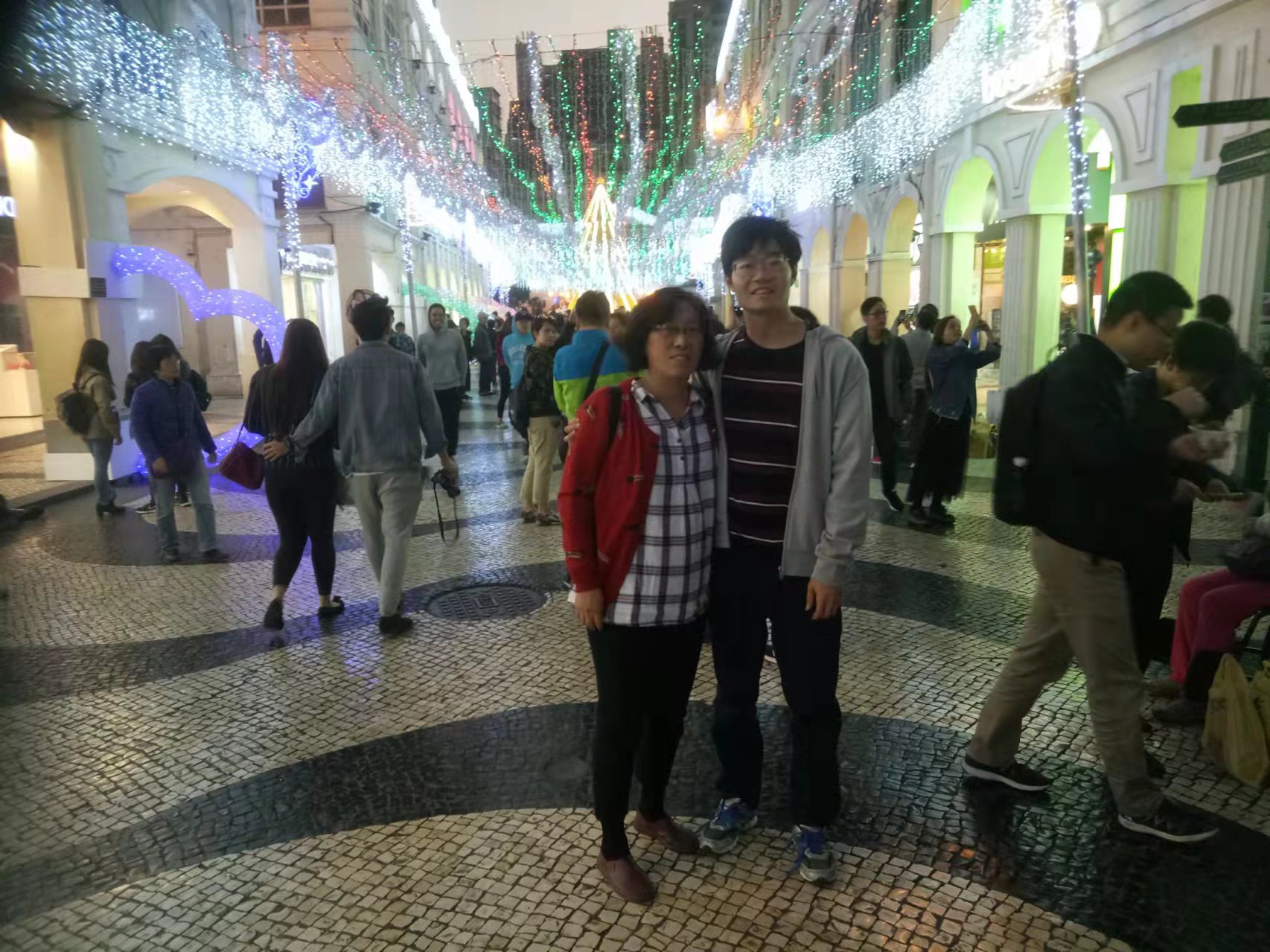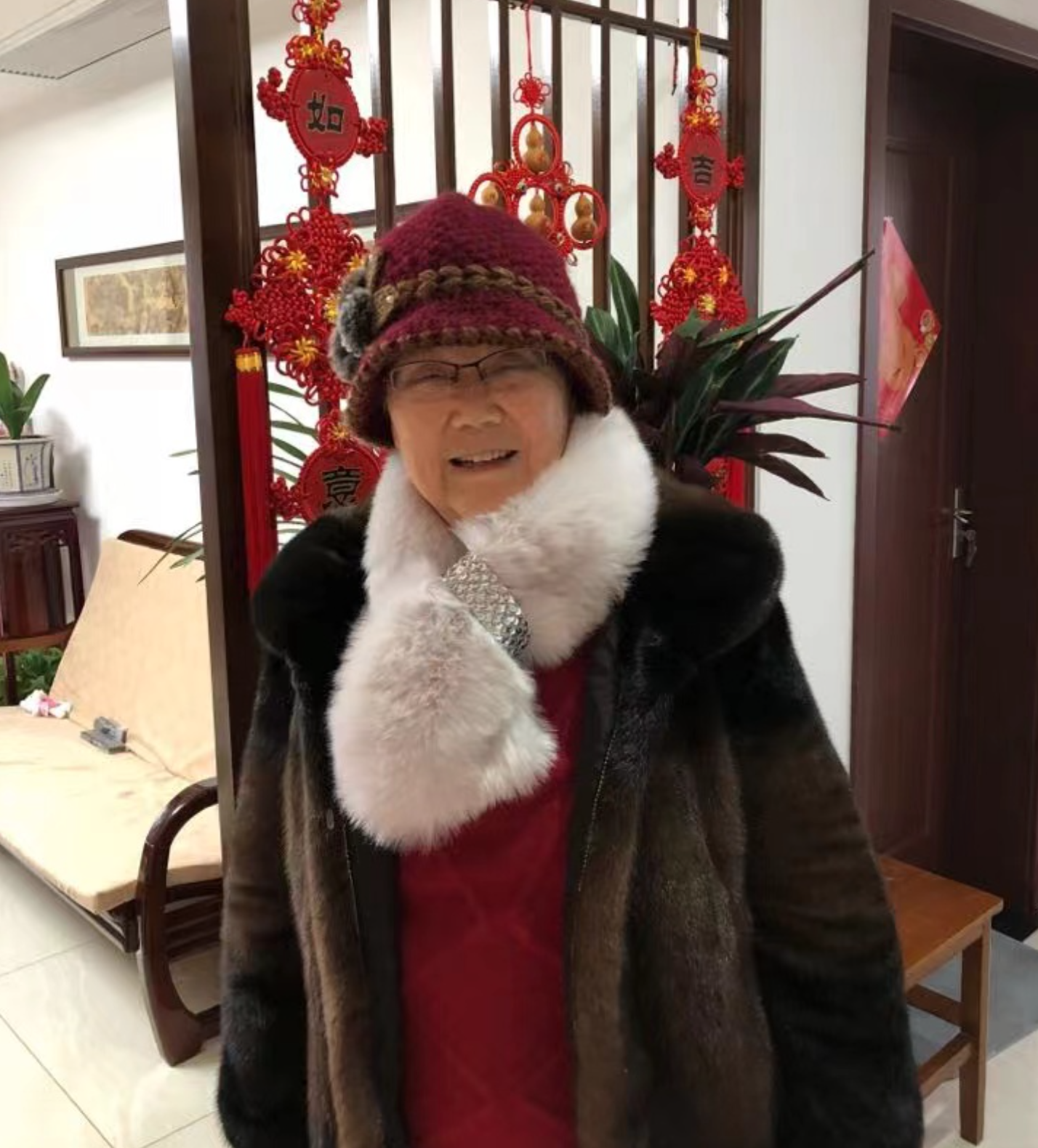The Covid-19 pandemic has been difficult for many people, especially Chinese nationals in Singapore.
Chinese nationals I spoke to back in February 2020 said that people were avoiding Chinatown for fear of catching the virus from Chinese nationals.
F&B workers and business owners reported significant drops in their earnings. One worker manning a mala xiangguo stall at the People’s Park Complex couldn’t even sell one day’s worth of food in three days.
Others were contemplating shutting down their business before their losses get out of hand.
Chinese nationals were also sharply berated offline and online. I still recall a particularly rude note from a person who signed a petition to ban Chinese nationals from entering Singapore, urging the Chinese to "behave like decent human beings instead of dogs".
This tension slowly dissipated over the year but the pandemic soon brought another set of worries for many Chinese nationals here.
As the world started to get a better understanding of Covid-19, governments began to roll out stringent border controls and onerous quarantine requirements which meant that foreigners here could hardly return home without incurring an exorbitant expense.
The last time software engineer Sun Zhihao set foot in China was about two years ago in January 2020.
Like the millions of Chinese who typically make their way home at the start of each year, Sun was back in Tianjin to reunite with family for the Spring Festival.
 Sun Zhihao and his mother. Image courtesy of Sun Zhihao.
Sun Zhihao and his mother. Image courtesy of Sun Zhihao.
But this time, it was different.
“All the shopping malls were closed. I remember my mother, father, and I walking a long way to find an open restaurant.”
In the end, the family settled for instant noodles and a quick celebration at home before Sun was whisked off to the airport. His mother, on a hunch, had advised him to cut short his trip home and fly back to Singapore early — just in case complications arose.
Luckily Sun did so because his flight was one of the last few to go before planes were officially grounded.
There are snatches of memory about his last Spring Festival in China that 26-year-old Sun holds dear — trying to explain his career switch to his parents, and having a rather animated discussion with his two brothers-in-law about whether they should venture abroad or stay in Tianjin.
Thankfully the technological wonder of video calling enables him to “see” his family back home, but it cannot beat being physically present with loved ones.
The possibility of flying back to Tianjin is always floated up in Sun’s calls with his family like a paper aeroplane tossed out in hopes that it will catch an elusive updraft.
But it is unjustifiable due to several reasons — the shortage of flights, the high cost of return tickets (Sun said that a round trip to Tianjin would set him back by about S$2,000), as well as the uncertainty of whether he would face another lockdown and be prevented from returning to Singapore.
But the main worry that plagues Sun is his parents’ wellbeing.
Both are elderly and subjected to strict city curfews that prevent them from moving outside of their neighbourhood. Because of this, coupled with the cold weather, Sun’s father has developed anxiety and depression, and is now on medication.
“I feel a lot of heartache,” said Sun.
“It makes me feel powerless. I cannot do much to help them except check on them through the video call. I had to ask my uncle and aunt to help me check on my parents.”
Similarly, medical student Tang Haoming who is currently pursuing his graduate studies at NUS, finds himself constantly worried about his parents’ health.
His father, who is back in Shenzhen, recently went for a check-up which revealed “suspicious features” on his X-ray scan.
“I need to be there. Not knowing what it makes me anxious. If I’m there with them, I can bring them to a hospital to see a specialist.”
Tang’s grandmother, who recently developed frequent chest pains and headaches, also weighs heavily on his mind.
He speaks to his family, especially his grandmother who brought him up, every week without fail through a video call. But the call always ends on a bittersweet note for Tang.
“It’s sad for me because she’s getting older and I don’t know how many more times I can see her.”
 Tang Haoming’s grandmother, whom he is very close to. Image courtesy of Tang Haoming.
Tang Haoming’s grandmother, whom he is very close to. Image courtesy of Tang Haoming.
However, there is little that he can do. His desperation at not being able to return home has waned over the years and he is resigned to the possibility that he will not be seeing his family for a while longer.
31-year-old advertising executive Maya Chan is keenly familiar with that same anxiety.
Chan, who comes from Hong Kong, arrived in Singapore two years ago and there is not one day that she doesn’t worry for her family back home.
Just like Tang and Sun, she depends a lot on video calls to keep her connected with her folks. What she likes to do, however, is watching her family members carry on with their day back in Hong Kong.
“It feels like we're in the same space and also seeing that nothing is out of the ordinary and that my family is physically well with my own eyes gives me peace of mind.”
For Chan who currently lives with one flatmate, hearing the noise and banter of a busy household through the video call also brings her a familiar sense of comfort.
It’s no wonder that for all three, the first thing they want to do once travel becomes more feasible is meet their loved ones.
Sun looks forward to bringing his parents to Singapore while Tang wants to hug his parents once he touches down in Shenzhen. Chan, on the other hand, is very much looking forward to taking a day trip with her friends to Shenzhen.
Who knows? Maybe that day won’t be too far in the future.
Being away from family is hard but reunions might come sooner than later as the world gets used to living with Covid-19 and air travel between Singapore, Mainland China, and Hong Kong becomes more feasible.
If you travel frequently to these regions, you might want to equip yourself with CMLink Singapore’s cross-border mobile data plans so that you are ready to go once border restrictions ease.
All three interviewees whom we spoke to for this advertorial were pleasantly surprised by the convenience that CMLink Singapore’s mobile data plans bring to the table.
With CMLink Singapore’s data plans you can do away with the hassle of changing a new SIM card each time you cross the border because these plans allow you to share data across Singapore, Mainland China, and Hong Kong.
CMLink also provides a one-card-multi-number service which allows users to auto-forward calls and messages received on their Mainland China or Hong Kong numbers to their Singapore number, ensuring that users never miss an important call or text.
These are no contract plans with no sign-up fees. Choose from four different plans:
- S$10 per month for 6GB data
- S$20 per month for 30GB data
- S$30 per month for 60GB data
- S$40 per month for 100GB data
If these competitive rates can’t move you, CMLink Singapore is having a Chinese New Year promotion where you can get:
- 50GB plan for S$20 per month for six months
- 80GB plan for S$30 per month for six months
Note that after six months, the data amount will revert to 30GB for S$20 per month and 60GB for S$30 per month.
You can find out more about CMLink Singapore’s plans, rates, and promotions here.
After completing this article which was sponsored by CMLink Singapore, this writer went to give his mum a hug. Top photo courtesy of Tang Haoming.
If you like what you read, follow us on Facebook, Instagram, Twitter and Telegram to get the latest updates.
